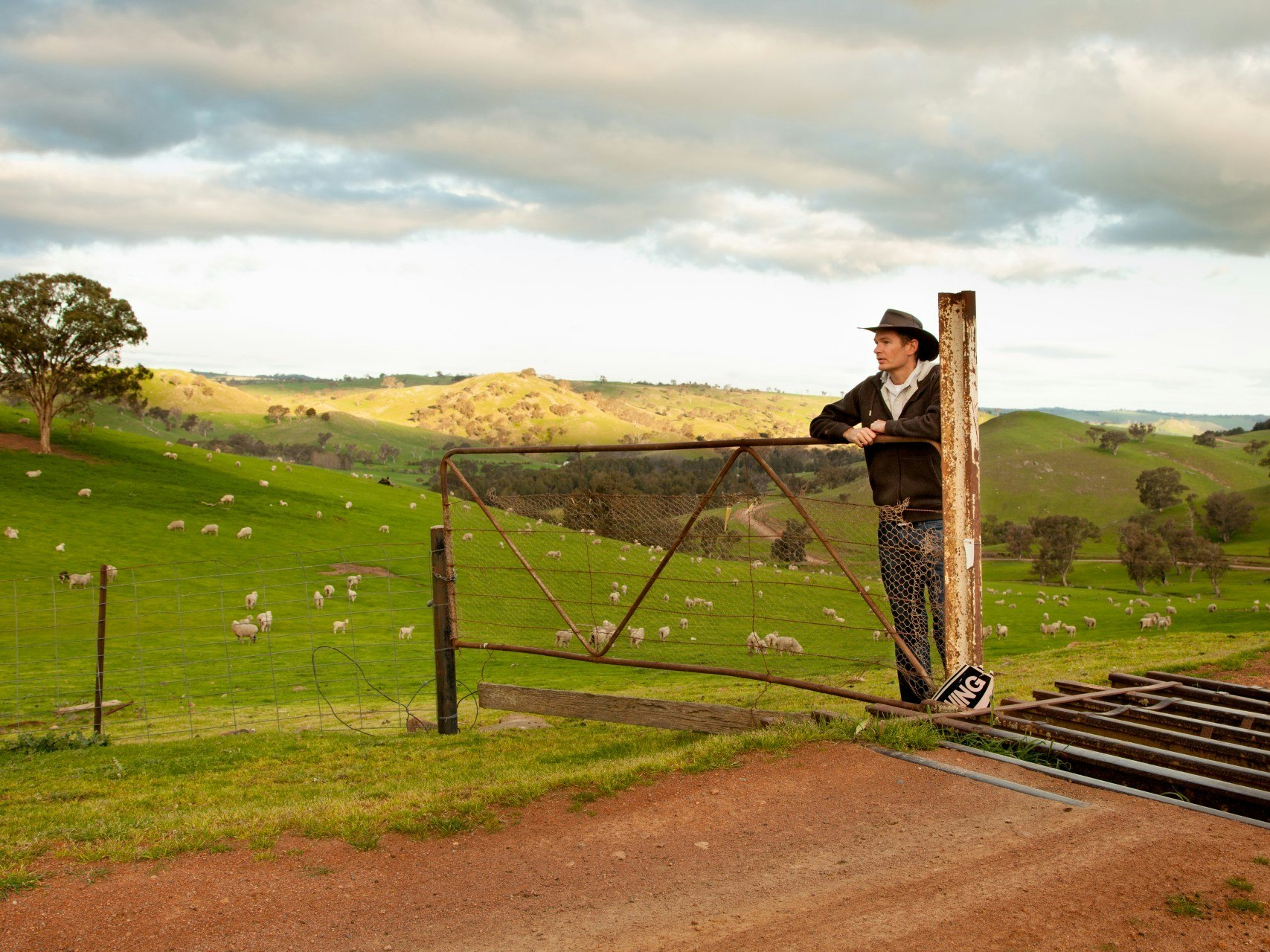Rural disability support – where you can find help
Last updated

People with disability who live outside major cities and regional centres can face additional barriers when accessing supports needed for everyday life.
Key points
-
There may be barriers to finding disability support if you live in a remote area
-
Options can include the NDIS encouraging providers to travel to you to deliver a service, using local health organisations for a range of supports and telepractice
-
Remote community connectors might also be available to help you access the NDIS
Early in 2021, there were more than 6,600 people with disability living in remote areas who were receiving National Disability Insurance Scheme (NDIS) support.
But NDIS statistics show people in remote areas use less funding because they don’t have access to the same services.
If you’re on the NDIS and live in a rural or isolated area, there might not be many providers available for you to use your funds with, and if you’re not on the NDIS there might not be many services available to you nearby – such as healthcare.
However, there are some Government initiatives or options available to help you with accessing disability support and coordination that are tailored toward those who live in remote locations.
Higher price limits
People living in remote and very remote areas can have more funding in their NDIS plans to cover the higher cost of services being delivered in their area.
Providers can also claim more NDIS funding for delivering their supports to people with disability who live in remote areas – up to 40 percent more for remote services and 50 percent more for very remote areas.
Funding can also be claimed for extra travel by support workers and for a wider range of costs associated with travel.
This encourages providers to deliver services in regional and remote areas, and ensures more supports are available to people with disability living outside cities.
To learn how funding from your NDIS plan can be used to pay for the travel time of your support worker, read our information article ‘How is the travel of disability support workers funded?
Health organisations
In some remote and rural areas, Aboriginal Community Controlled Health Organisations (ACCHO) provide disability support services for Aboriginal and Torres Strait Islander people. These organisations operate networks of more than 300 clinics across Australia.
You don’t have to be on an NDIS plan to go to an ACCHO for help and many of the affiliated clinics can assist with all aspects of your life from housing to justice and advocacy.
A major benefit of these organisations is that they can provide culturally appropriate services for First Nations people.
Some of these clinics can be registered NDIS providers, which can be helpful if your plan is managed by the National Disability Insurance Agency (NDIA) as you are required to use registered providers.
If your plan is self-managed or managed by your support coordinator, you can choose services provided by an ACCHO whether they are a registered NDIS provider or not.
Staff at community-controlled clinics might also be able to help you to receive NDIS funding and organise, manage, or review your plan.
Remote community connectors
Community connectors help people to access NDIS supports who either:
- have a psychosocial disability
- are from culturally and linguistically diverse backgrounds, including Aboriginal and Torres Strait Islander people
- or are ageing parents or carers of a person with disability
A network of community connectors has been established in remote locations across Australia to support you to apply for the NDIS, connect to local services and understand how to best use the services.
The community connectors are also able to provide culturally appropriate support.
Community connectors in metropolitan areas finished supporting people with disability at the end of 2021, however, community connectors continued to be funded in remote areas.
Telepractice and telehealth
Some of your services may be able to be provided over the phone or via a video call, known as telepractice or telehealth, so that you can stay in contact with therapists and specialists without needing to travel.
Telepractice is the term generally used by therapists, such as speech pathologists, while medical practitioners use telehealth.
If calls or video interaction do not suit your preferred form of communication – for example, if you understand information better as text – you might be able to organise for your service provider to contact you through instant messaging or email.
This form of service provision could help you to have more choice of service providers as it won’t matter where your provider is located if you can receive the service remotely.
A downside to telepractice and telehealth is that it requires phone reception or an internet connection, which may be difficult if you live in a very remote area or are located outside a township.
The other consideration is that telepractice doesn’t work for physical supports, like assistance with personal care, or home activities, such as cleaning.
Are you a person with disability living in a remote area? Tell us about your experience accessing disability supports in the comments below.
Related content:
Questions to ask your Local Area Coordinator
How can an NDIS plan manager help you?
Registered vs. unregistered NDIS providers: What’s the difference?